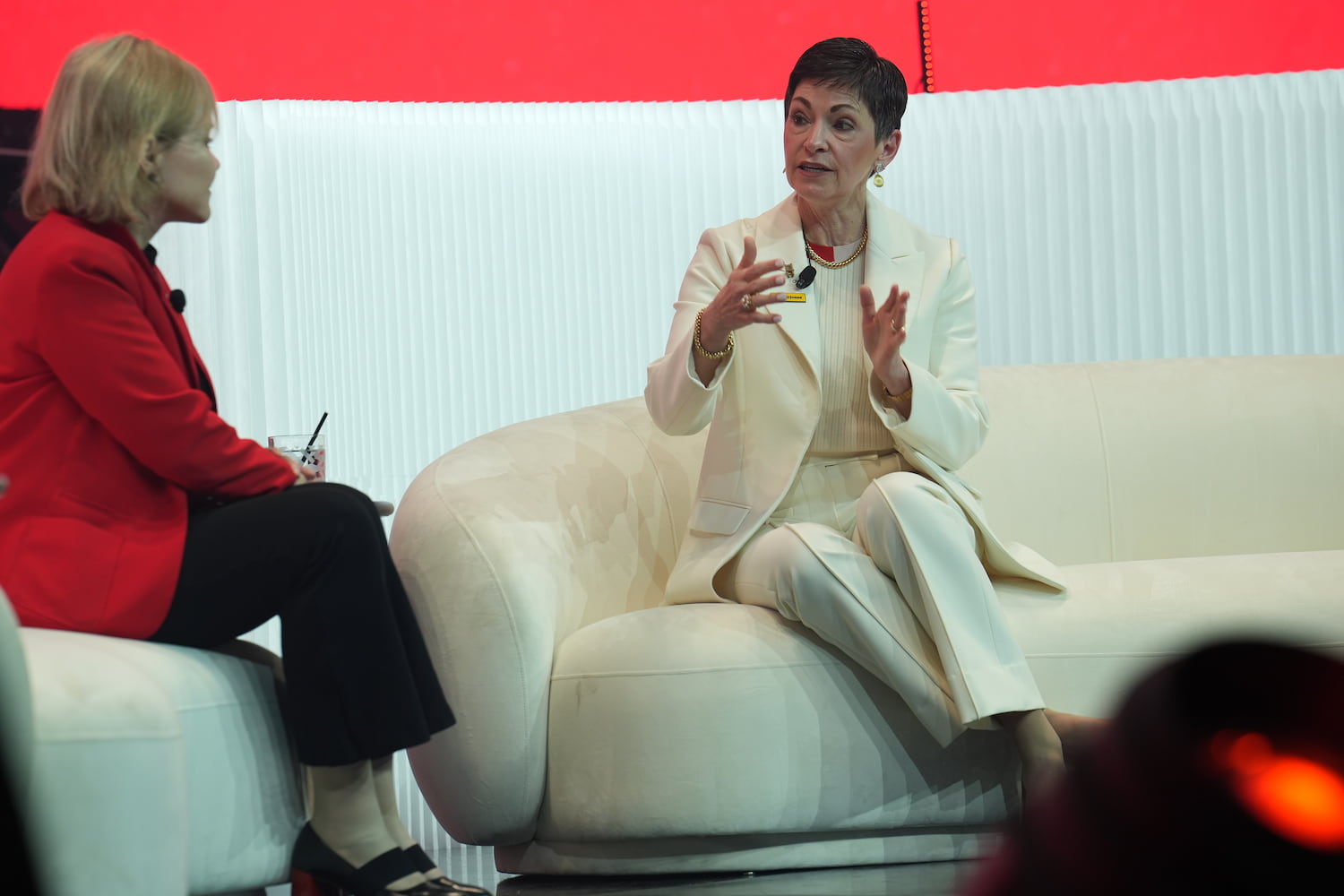How self-awareness impacts the workplace
To find value in this piece, it is likely you will need to entertain the following premise: an increase in self-awareness will influence the social dynamics of the workplace. In other words, the individual affects the collective.
Let’s unpack how I am defining self-awareness. When we are conscious of our individual traits, feelings, and behaviors we are practicing self-awareness. If we can understand how our personal biases dictate, in large part, how we think and behave, then we position ourselves to better understand our own processes for decision making, and how we relate to others in the workplace. Conversely, one who is not conscious of themselves is prone to meeting opposing perspectives with defensiveness, which could cause very big problems in the workplace.
Luckily, a model for understanding such dilemmas has been developed. It guides its users through the process of how our decisions are formed, acted upon, and then strengthened over time. The model is called the ladder of inference and I would contend that when we understand this model, we can begin our transition from being reflexive in our actions to being intentional.

So, let me provide an example of how the ladder works in our everyday life and keep in mind that this process is happening very quickly and often unconsciously:
While walking into the office I observe an accountant.
I add meaning when thinking accountants are good with numbers.
I make the assumption that accountants prefer working with numbers more than with people.
I draw the conclusion that accountants relate more to numbers than they do to people.
I adopt the belief that it will be difficult to interact with an accountant.
I act on this belief by rarely interacting with accountants.
Does this sound familiar? Unfortunately, it is a feature of nearly everyone’s psychology. So, if you doubt whether you are liable to similar faulty reasoning, let me spare you the suspense; you most likely are in some capacity unless you’re consistently monitoring your thought process. Also, if you’re wondering how this affects your workspace, I can share at least one way that it does.
If the example above is a reflection of my thought process and subsequent behavior, then I have placed a barrier between the accountant and me before any sort of interaction has even taken place. At the level of assumptions, things become subjective and a story is created that may or may not reflect reality. Accountants don’t necessarily like working with numbers more than with people, and they certainly don’t all feel a closer relation to numbers than to people.
What’s shocking is when we consider the other instances in which we are making assumptions that form conclusions and that are then acted upon in the workplace. To further complicate things, everyone else is doing it too, and yet no one is talking about it.
When was the last time your workplace set aside time to explore each other’s assumptions?
Joseph Alonzo recently graduated Saybrook University with a Master's degree in Organizational Development and is a guest blogger for Great Place To Work®.






